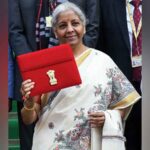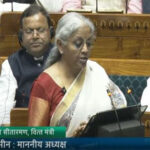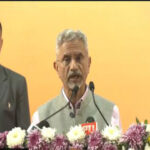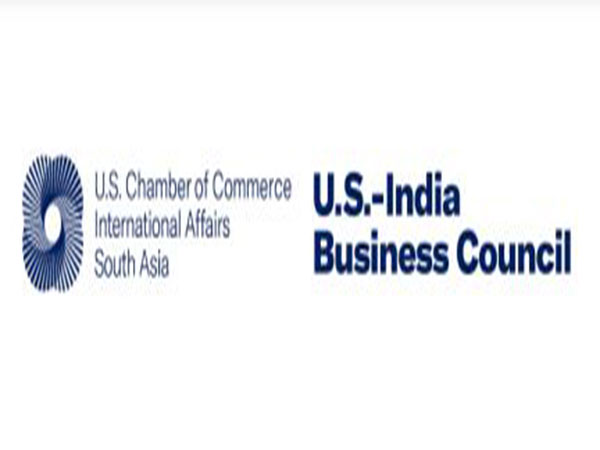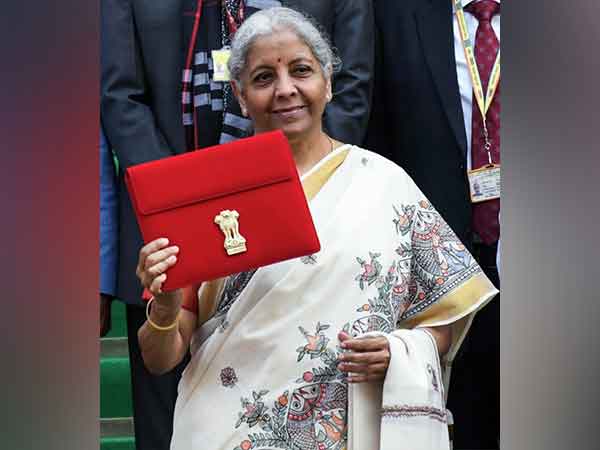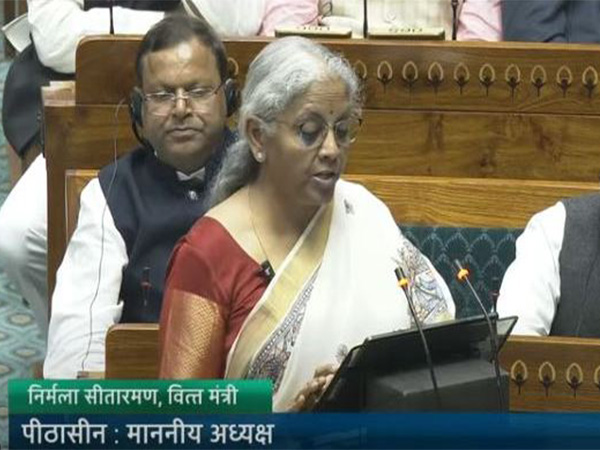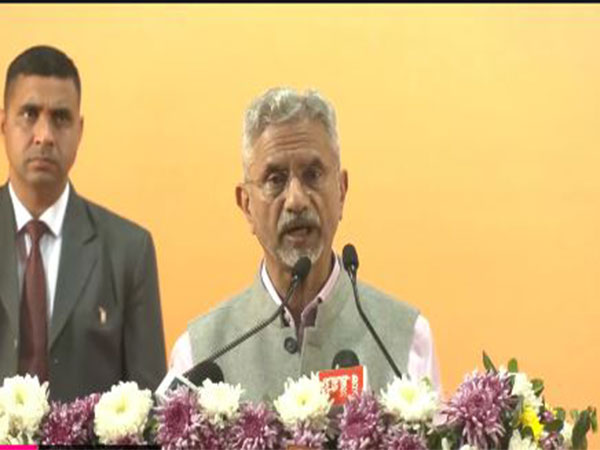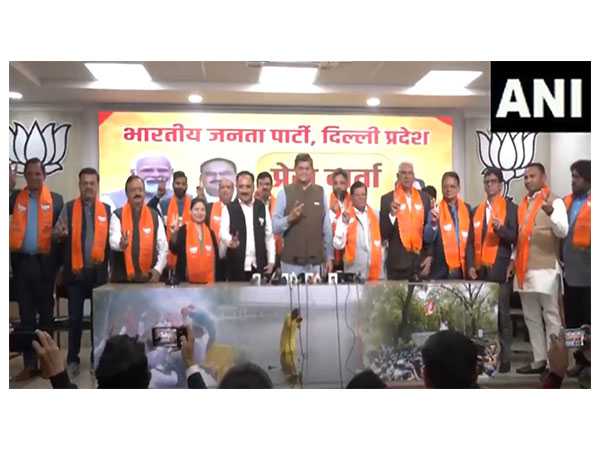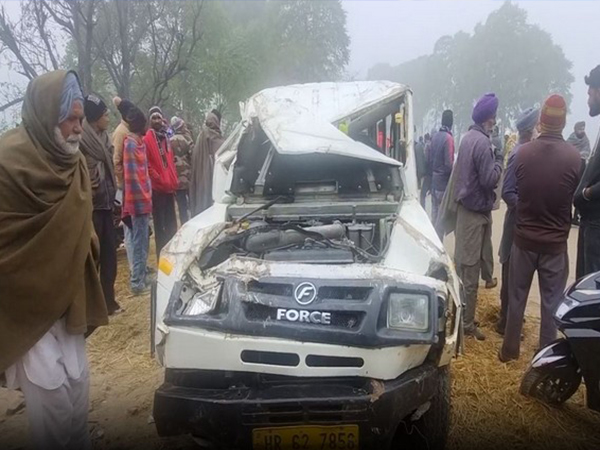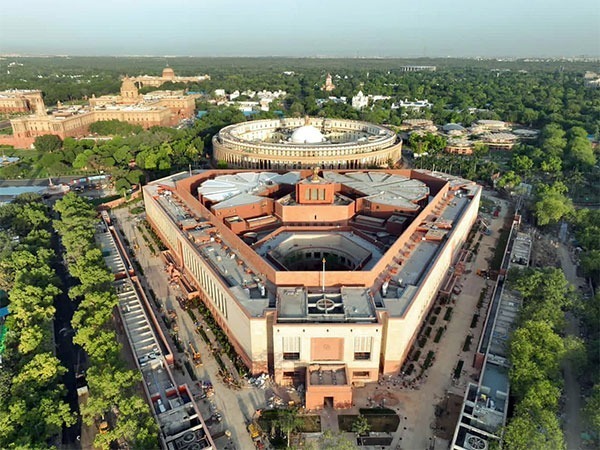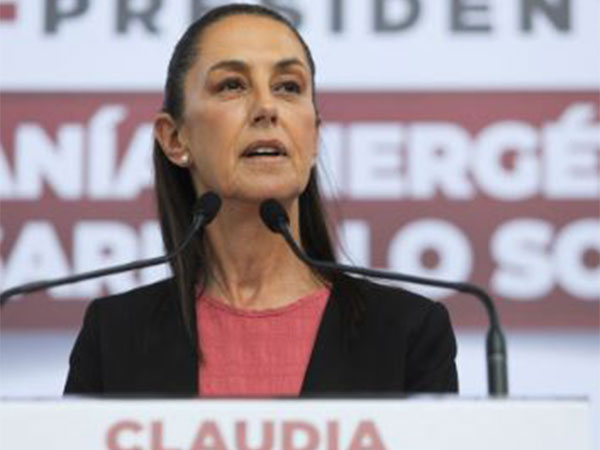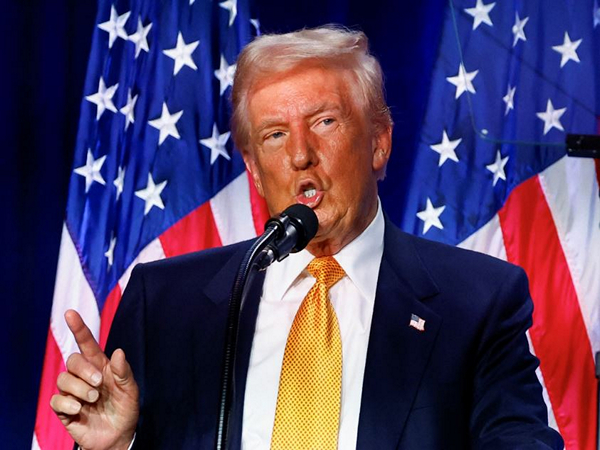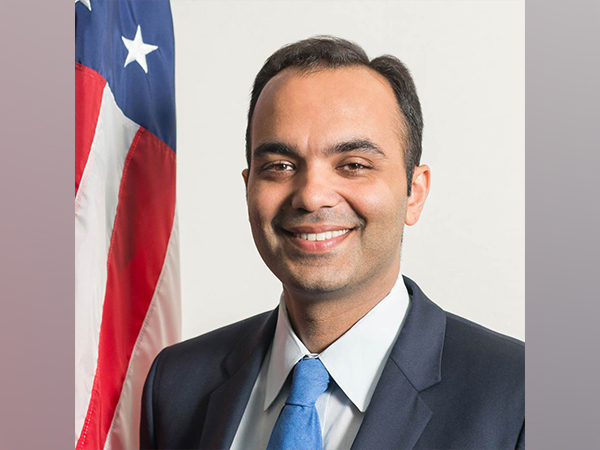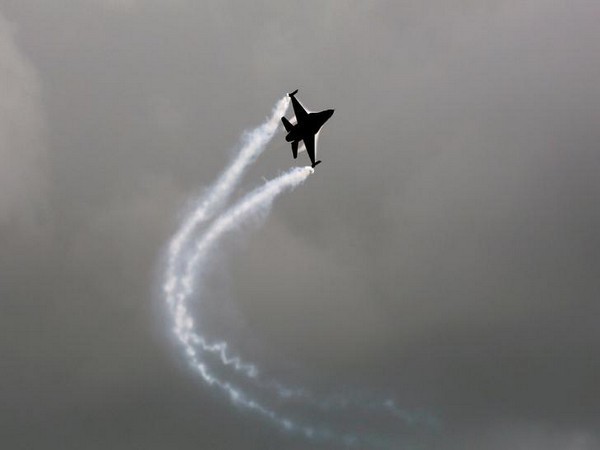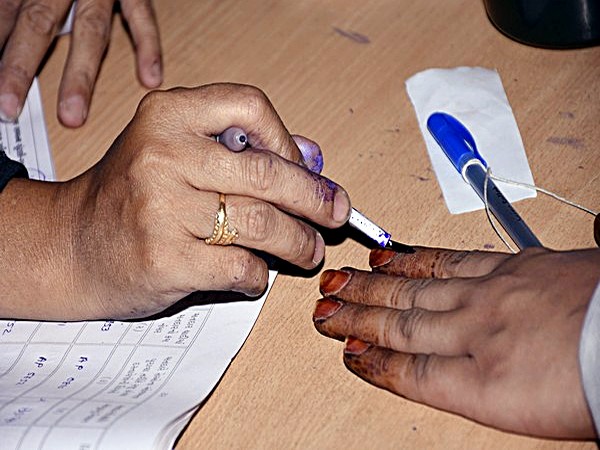
Manipuri, Dec 05 (ANI): (file photo) Election Commission of India (ECI) recorded 18.72 per cent voter turnout in the Mainpuri Lok Sabha Assembly Seat, on Monday. (ANI Photo)
New Delhi [India], February 1 (ANI): With Delhi polls scheduled for Wednesday, the Election Commission has emphasised to the Chief Electoral Officer (CEO) of Delhi that all enforcement agencies must closely track any misuse of money power and voter inducement. It also stated that no party should engage in activities that may aggravate existing differences, create mutual hatred, or cause tension between different castes and communities.
In a letter sent by the Election Commission on Saturday, its secretary BC Patra laid emphasis on a series of measures to ensure free and fair elections. It referred to a meeting held the same day with concerned officials and outlined points for special focus.
The letter stated that the Election Commission has issued directions to Observers, District Election Officers, Returning Officers, senior officials of Municipal Authorities (MCD, NDMC, and Cantonment Board), and police authorities during review meetings to ensure free, fair, and inducement-free elections for the Delhi assembly.
It further directed all District Election Officers (DEOs) to hold special meetings with Deputy Commissioners of Police (DCPs) and senior police officials in the presence of General, Police, and Expenditure Observers. These meetings aim to strategize for the most critical 72 hours leading up to the polls to maintain law and order and ensure fair elections.
The letter stressed that all enforcement agencies must closely track any misuse of money power and voter inducements. It called for coordinated efforts between field-level police, enforcement agencies, and administrative bodies to prevent electoral malpractices.
To curb illegal activities, the Commission ordered strict vigilance and thorough checks at inter-state police posts, state excise check posts, and commercial tax check posts. These measures aim to prevent the transportation of narcotics, freebies, precious metals, cash, and liquor intended to influence voters. The letter emphasized that any confiscated items linked to elections must be thoroughly investigated, and the media should be briefed on such seizures. It also urged authorities to conduct drives to unearth and seize unlicensed arms and ammunition.
The letter highlighted the crucial role of Election Expenditure Monitoring Teams, including Flying Squads (FS), Static Surveillance Teams (SST), Video Surveillance Teams, Video Viewing Teams, Expenditure Monitoring Committees, Excise Teams, Media Certification & Monitoring Committees, District Election Monitoring Committees, Accounting Teams, and 24×7 Complaint Monitoring Cells. These teams are to remain fully operational during the final 72 hours before polling.
The Election Commission specifically instructed that Central Armed Police Forces (CAPFs) should not be removed from FS and SST teams. It also mandated that an advance police deployment plan be prepared for the last 72 hours before polling day. Under no circumstances should FS and SST teams be disbanded due to a lack of police personnel.
Magistrates assigned to FS teams must ensure that due procedures are followed and that no law and order problems arise during enforcement actions. All proceedings must be video-recorded, and officers in charge of FS teams must file complaints or First Information Reports (FIRs) immediately against individuals found guilty of bribing voters or engaging in illegal activities.
In cases where FS teams are unable to reach a complaint location promptly, the nearest SST or local police station must be alerted to take immediate action.
The letter also outlined cash regulations, stating that anyone carrying more than Rs. 50,000 must provide supporting documents. It reiterated that bribery, threats, and voter intimidation are criminal offenses under the Indian Penal Code and should be reported immediately.
To maintain communal harmony, the Election Commission warned that no party or candidate should engage in activities that could exacerbate existing divisions or cause tensions between religious, caste, or linguistic groups. It specified that election propaganda should not be conducted in places of worship, and political criticism should focus solely on policies, programs, and past records.
Additionally, the Commission stressed that complaints received via the c-VIGIL app must be promptly addressed, with actions taken as per the Commission’s Standard Operating Procedure (SoP). Proper arrangements must be made to ensure effective monitoring and enforcement.
The letter concluded by instructing social media monitoring teams to remain active in identifying violations of the Model Code of Conduct, spreading false narratives, and monitoring political advertisements. It directed Returning Officers (ROs), DEOs, and DCPs to provide immediate responses to social media violations.
The 70 assembly seats in Delhi will go to polls on February 5, with the counting of votes scheduled for February 8.
With less than a week left for the Delhi polls, the battle has intensified between three major parties in the fray–ruling AAP, Bharatiya Janata Party (BJP), and Congress. (ANI)

